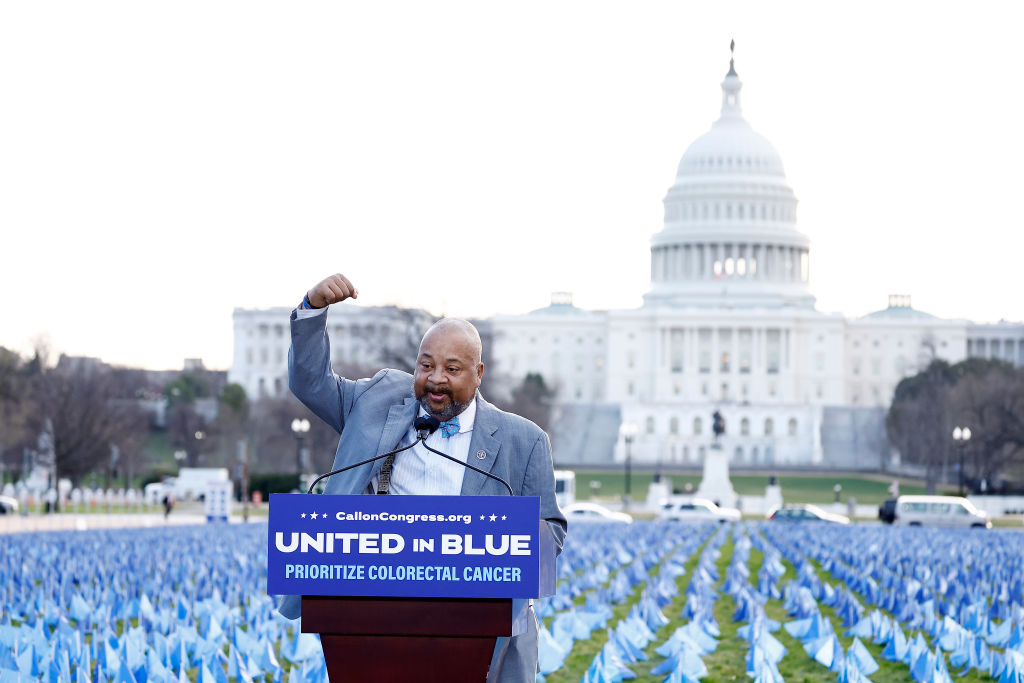Mount Sinai Health System announced Thursday launch of the Mount Sinai Center for Stress, Resilience and Personal Growth, a first-of-its-kind initiative in North America designed to address the psychosocial impact of COVID-19 on the mental health and the lives of frontline health care providers at Mount Sinai.
“Mount Sinai’s doctors, nurses, trainees, students, and clinicians and support staff are on the front lines of the battle against COVID-19, healing as many people as possible, yet they are witnessing death on a scale no one should ever have to endure,” said Dr. Dennis S. Charney, the Dean of the Icahn School of Medicine at Mount Sinai and President for Academic Affairs for the Mount Sinai Health System.
“Many are absorbing the anguish of patients’ final hours, serving as a lifeline for patients and families who are unable to be at the bedside, while facing personal danger and the ever-present risk of becoming infected themselves to the virus,” Charney went on to say.
According to Charney, the intense levels with which health care providers are working will likely result in tens of thousands of them likely suffering post-traumatic stress disorder in the wake of the pandemic.
“Our goal through the Center is to understand and treat the profound anxiety and grief our heroic health care professionals are experiencing and will continue to face. We must help them recover to ensure the future of our health care system,” Charney said.
Dr. Deborah B. Marin, Professor of Psychiatry at the Icahn School of Medicine at Mount Sinai and Director of the Center for Spirituality and Health at Mount Sinai, will direct the newly established Center.
“This multi-disciplinary center will consider the physical, emotional, mental and spiritual needs of our entire health care community, including those on the frontline and in supporting roles,” Marin said in a statement. “Working closely with every department across the health system, our aim is to not only address but to also prevent the development of mental health issues before they occur by intervening early, offering resilience training and treatment for every health care working in need. It’s important that we launch now as this crisis continues to evolve and take a toll on our community.”
News
MSHS has extensive experience in post-disaster intervention and resilience training, which includes 9/11 first responder monitoring and treatment services delivered through the World Trade Center Health Program’s Clinical Center of Excellence at Mount Sinai.
Ultimately, we hope it becomes a model for enhancing psychological resilience in frontline health care workers exposed to COVID-19.
Dr. Dennis S. Charney, Dean of the Icahn School of Medicine at Mount Sinai and President for Academic Affairs for the Mount Sinai Health System
Because of this, the newly established center will initially focus on building resilience in MSHS frontline providers across the eight hospitals and clinical sites that comprise the hospital system.
Additional key components of the program include:
Screening: Every frontline health worker at MSHS will receive a personal invitation to be screened for for stress and mental health self-screening. Screening will include an assessment of occupational exposure to COVID-19, prior history of stress and mental health conditions, new personal and family stressors arising since the pandemic onset, and current presenting problems including increased use of alcohol or drugs.
Interventions: The Center will offer a range of interventions, including: workshops/open groups, eight-session support groups lead by social workers and other trained staff, individual assessments, mental health treatment.
Research: Drawing on the resources of the Icahn School of Medicine at Mount Sinai, one of the leading institutions in the field of post-traumatic stress research, the program will collect data and offer all participants opportunities to enroll in studies designed to better understand the unique mental health care needs arising from exposure to the COVID-19 pandemic. Proposed studies include:
- Identification of Psychosocial and Biological Determinants of Risk and Resilience
- Longitudinal Study of COVID-19-related Memories
- High Resolution Neuroimaging of the Threat Response System in Individuals Exposed to COVID-19
- Efficacy of Neuropeptide Y in Response to Extreme Stress
- Combining Ketamine with Brief Psychotherapy for Faster, More Effective PTSD Treatment
“Based on what we have learned about PTSD from the WTC Program, we estimate 25 to 40 percent of first responders and health care workers will experience PTSD as a result of COVID-19. The success of this program in understanding and addressing PTSD among Mount Sinai’s health workers will inform future efforts to refine, scale up, and adapt to care for our patients and their families in the communities we serve but also to better support health professionals at institutions throughout our nation and the world,” Charney said.
“Ultimately, we hope it becomes a model for enhancing psychological resilience in frontline health care workers exposed to COVID-19, thus ensuring that health care systems nationally and internationally continue to deliver outstanding patient-centered care whatever challenges the future may bring.”



